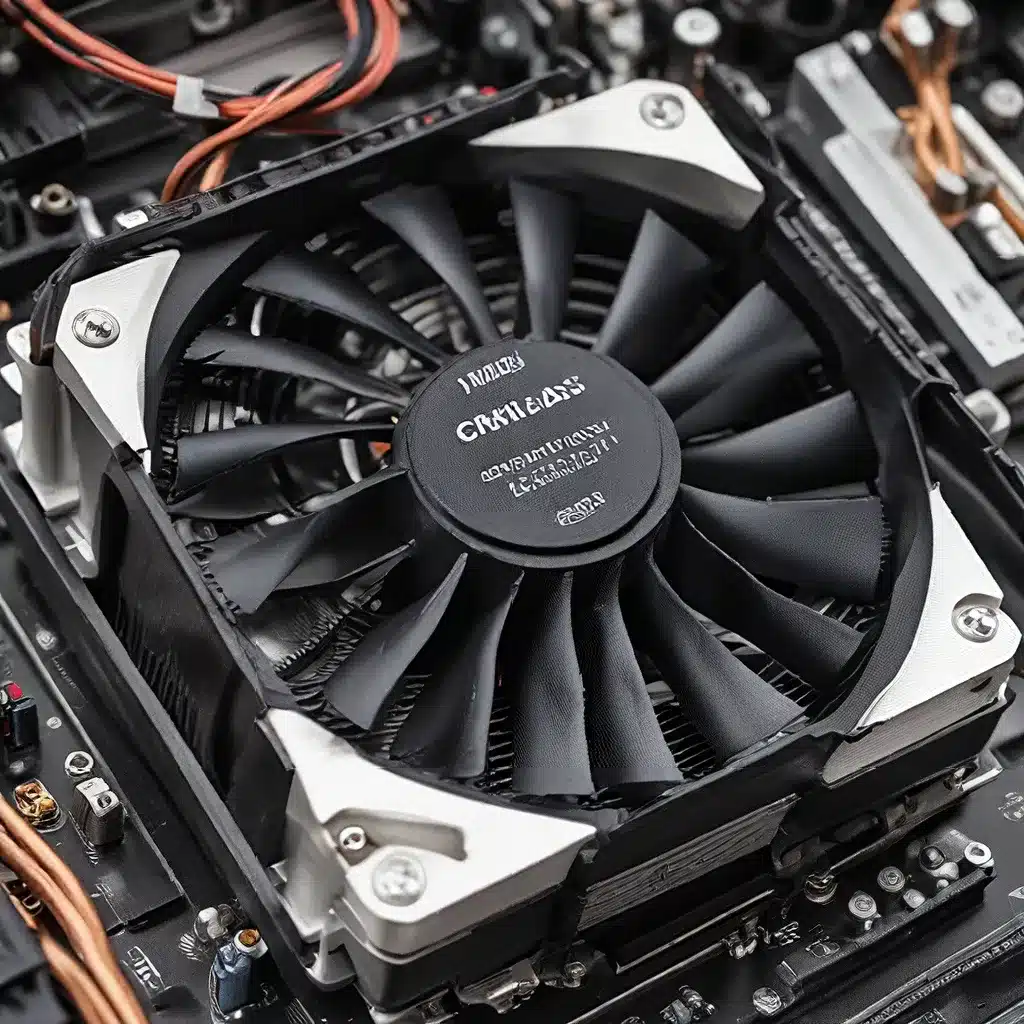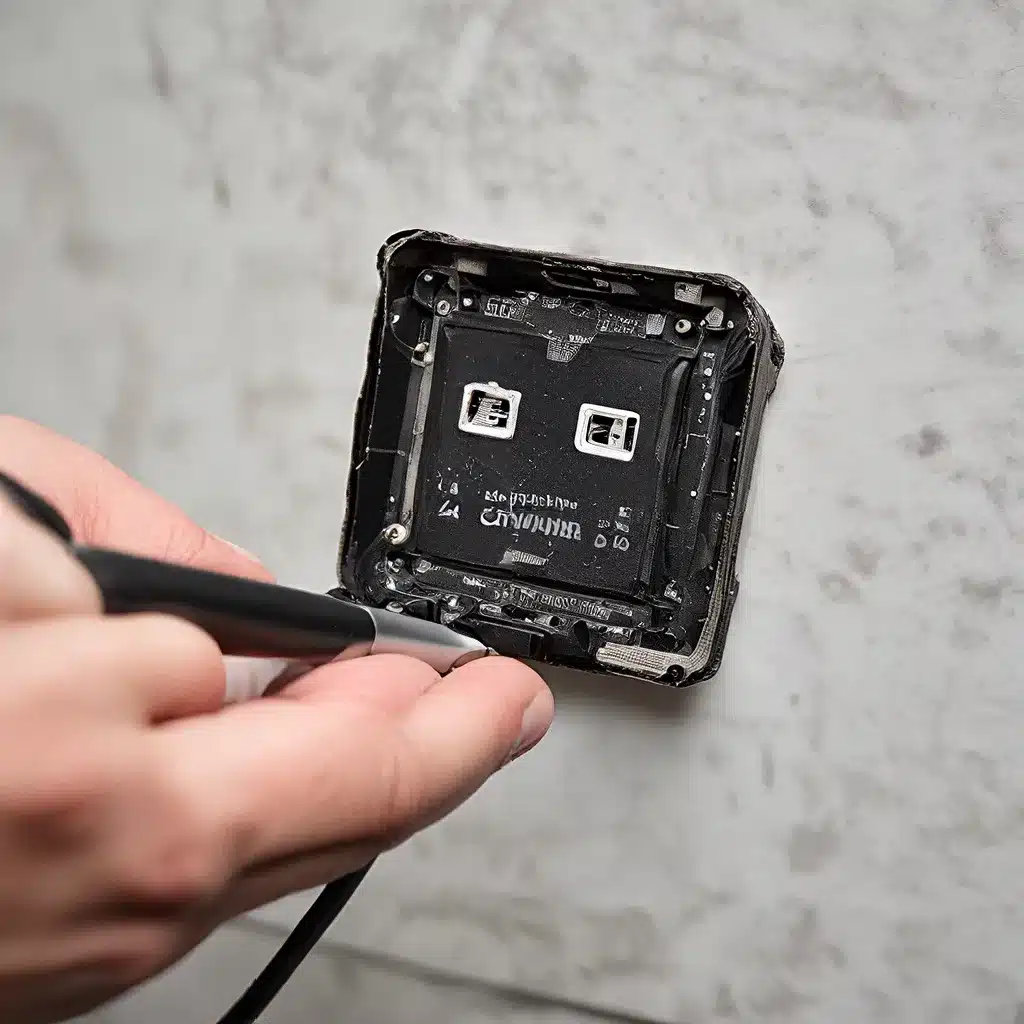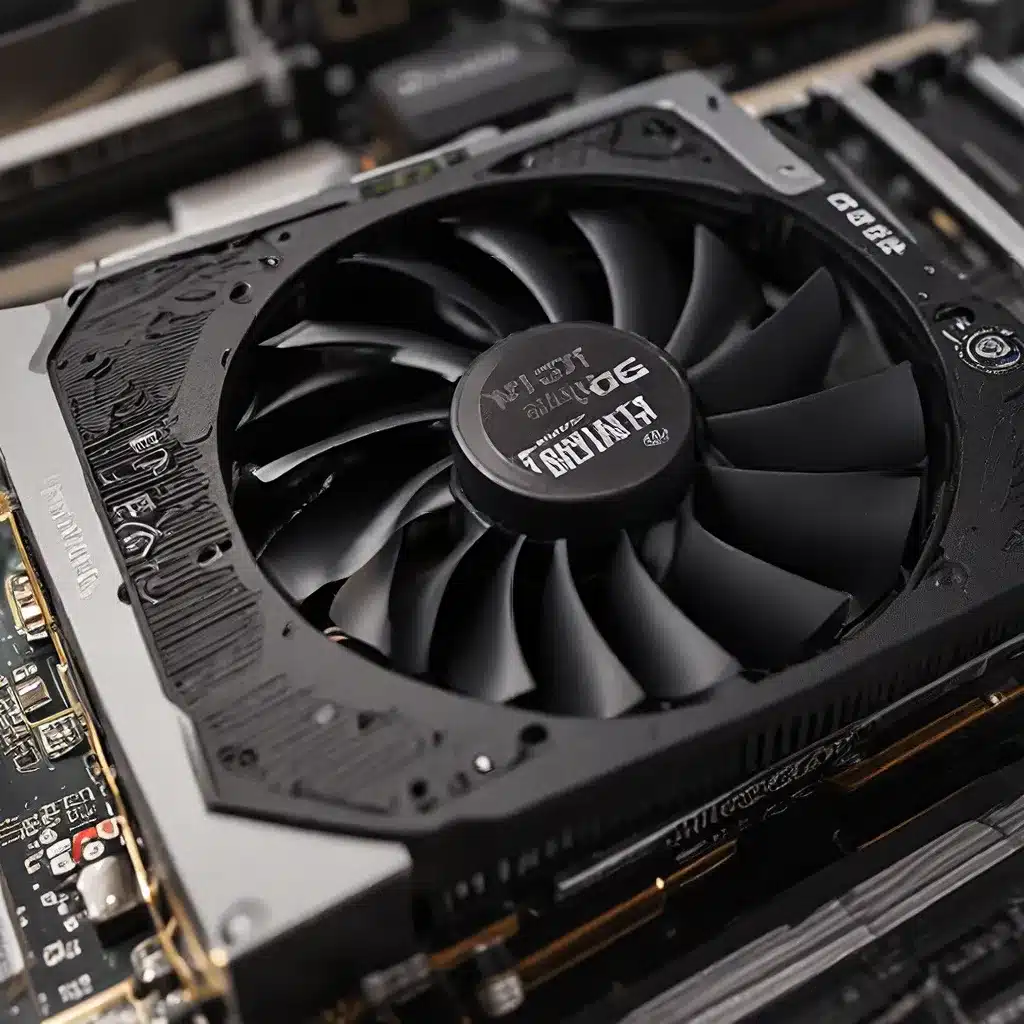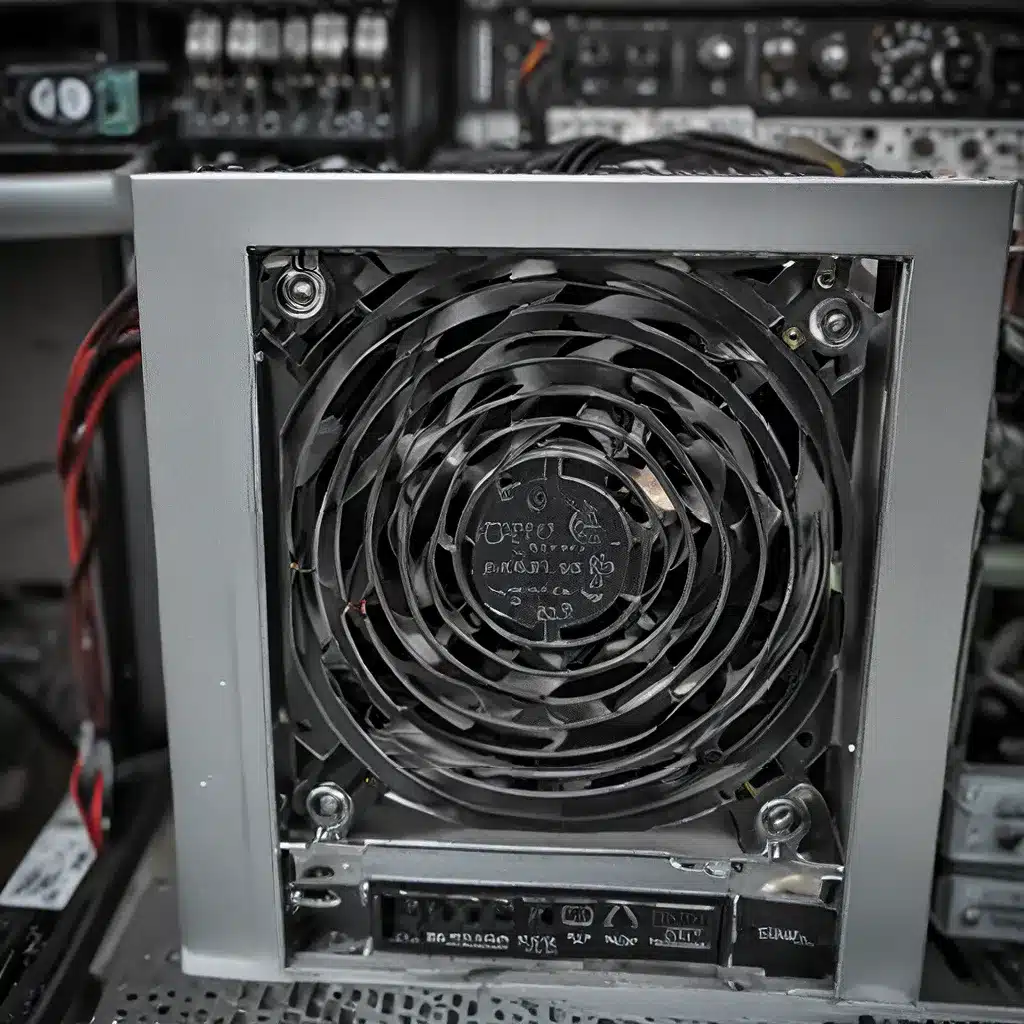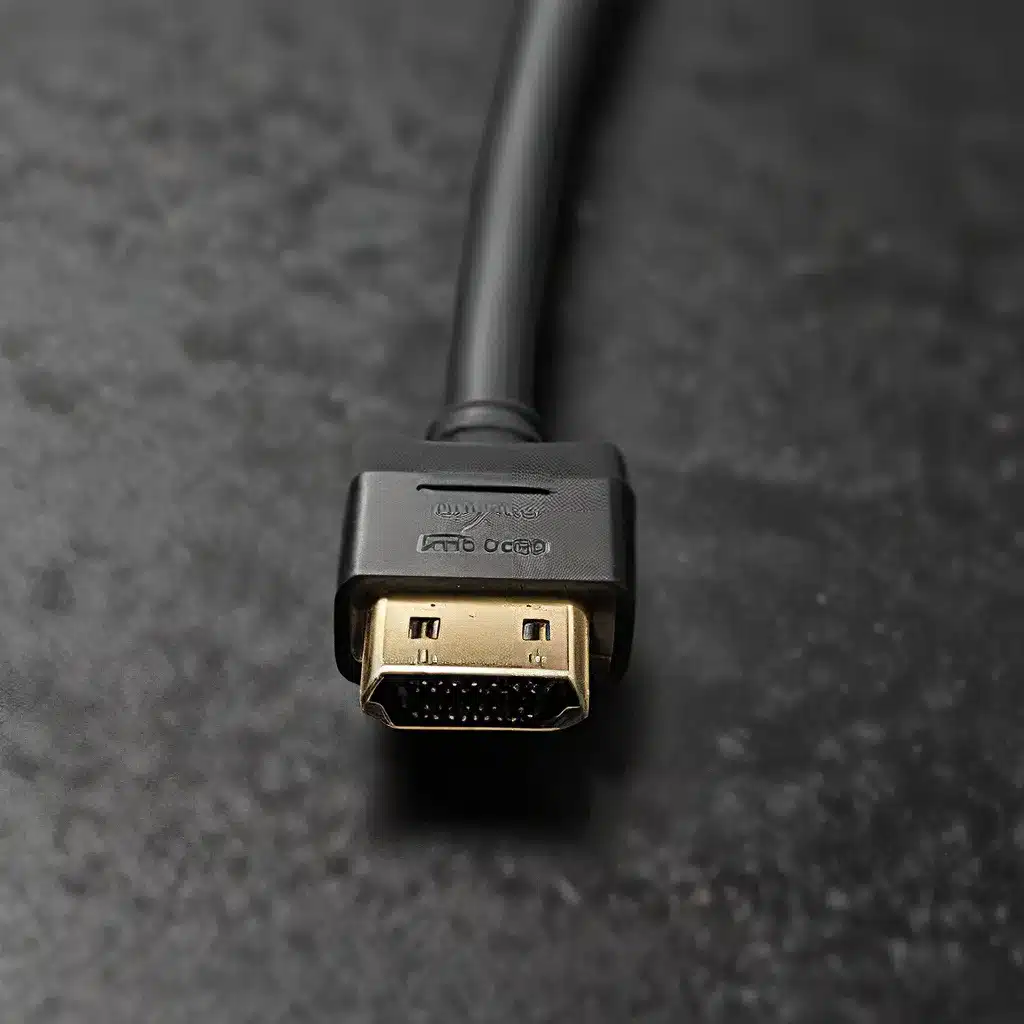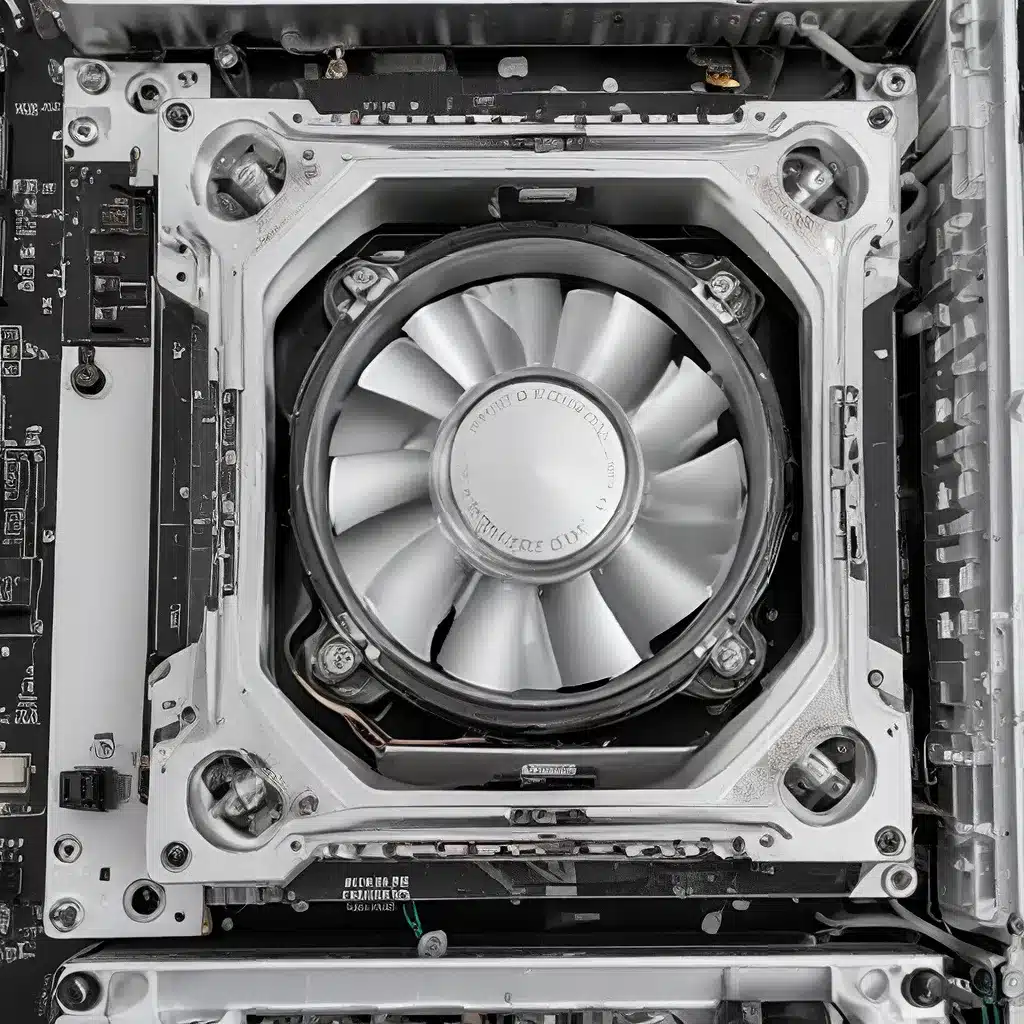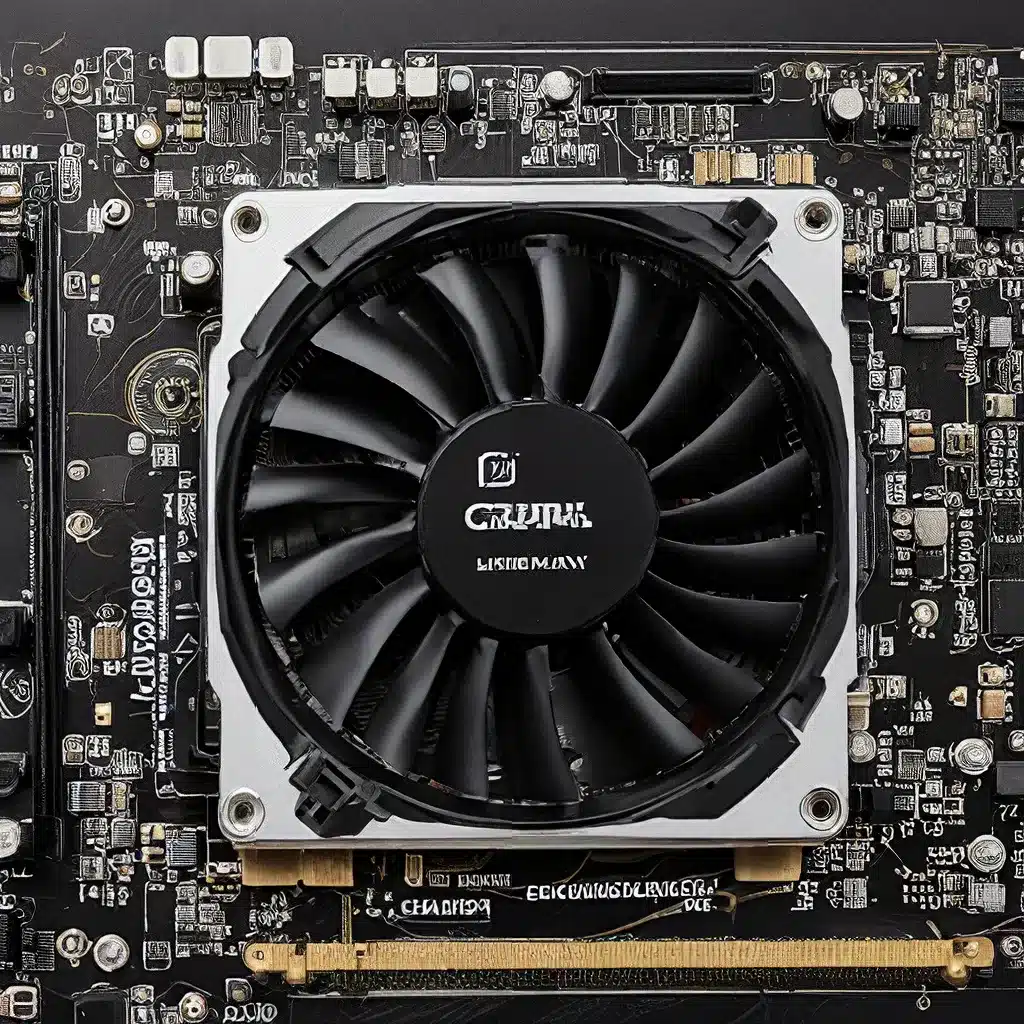Avoiding the Dreaded Blue Screen of Death
As someone who has spent the better part of a decade as a self-proclaimed “Excel guru,” I know all too well the pain and frustration of dealing with a laptop that just won’t cooperate. It’s like trying to negotiate with a stubborn toddler – no matter how much you plead, the darn thing just refuses to listen. But fear not, my fellow tech enthusiasts, for I’m here to share my hard-earned wisdom on how to prevent those dreaded laptop crashes and keep your machine running as smooth as a freshly-waxed car.
Optimize Your Hardware
Let’s start with the basics, shall we? Your laptop’s performance is heavily dependent on the hardware it’s packing under the hood. If you’re constantly finding yourself staring at the spinning wheel of death, it might be time to take a closer look at what’s powering your machine.
For starters, take a gander at your processor. Is it an ancient relic from the Jurassic era, or does it have the processing power of a rocket ship? If you’re rocking an older, slower CPU, it might be time to consider an upgrade. ITFix, our go-to computer repair service in the UK, can help you find the perfect processor to suit your needs.
But wait, there’s more! Don’t forget about your RAM. As a self-professed Excel enthusiast, I can attest to the importance of having ample memory to handle those massive data models. If you’re finding your laptop struggling to keep up, it might be time to add some extra RAM to the mix. A good rule of thumb is to aim for at least 16GB, but if you’re really pushing the limits, consider bumping it up to 32GB or even 64GB.
Tame the Data Beast
Now, let’s talk about those pesky data models that seem to have a mind of their own. I’ve been there, my friend, and I can tell you that it’s not a pretty sight. But fear not, there are a few tricks up my sleeve to help tame the data beast.
First and foremost, try to keep your file sizes manageable. Those 30MB+ beasts can be a real nightmare for your laptop to handle, especially when you’re trying to juggle multiple files at once. If possible, try to break down your data into smaller, more manageable chunks. This not only helps to reduce the strain on your system but also makes it easier to navigate and work with your files.
Another handy tip is to leverage the power of the cloud. Instead of relying solely on your local machine, consider using a cloud-based solution like ITFix’s secure file storage and sharing platform. This can help to offload some of the processing power and memory requirements, allowing your laptop to breathe a little easier.
Maintain and Optimize
But wait, there’s more! Keeping your laptop in tip-top shape is crucial when it comes to preventing those pesky crashes. Regularly running system updates, cleaning out your hard drive, and performing routine maintenance can all go a long way in keeping your machine running like a well-oiled machine.
And let’s not forget about the importance of proper software management. Make sure your applications are up-to-date and that you’re not running too many resource-hungry programs in the background. And if you’re a fellow Excel enthusiast, be mindful of the add-ins and macros you’re using – they can be a real culprit when it comes to those dreaded crashes.
Conclusion: Embrace the Power of Prevention
Preventing laptop crashes may seem like a daunting task, but with the right knowledge and a little bit of elbow grease, you can keep your machine running like a well-oiled machine. Remember, it’s all about optimizing your hardware, taming the data beast, and maintaining your system with a keen eye for detail.
So, the next time you find yourself staring at that infamous blue screen of death, take a deep breath, and remember the sage advice of this seasoned Excel warrior. With a little bit of persistence and a whole lot of ITFix’s expert guidance, you’ll be back to conquering those data models in no time.




